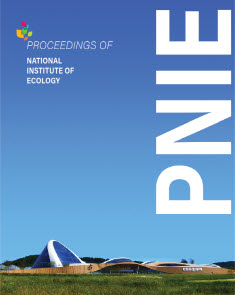 ISSN : 2765-2203
ISSN : 2765-2203
Non-Invasive Sex Determination of Asiatic Black Bear (Ursus thibetanus) via Sex-Specific Amplification of the Amelogenin Gene
Abstract
The Asiatic black bear, Ursus thibetanus, is among the most threatened or endangered species in Asia. For its conservation and management, sex identification of U. thibetanus using non-invasive samples (e.g., hair and/or feces) is potentially valuable. In this study, a non-invasive molecular method for sex identification of U. thibetanus samples collected from various countries was first utilized, and it was based on polymerase chain reaction (PCR) amplification of the amelogenin gene via PCRs. Thirty-three bear DNA samples, extracted not only from blood (n=9) but also from hair (n=18) and feces (n=6), were used. We performed sex-specific PCR amplifications of the amelogenin gene using a primer set, SE47 and SE48. The primer set could successfully amplify a single X-specific band for females and both X- and Y-specific bands for males from all blood (100%) and hair (100%) samples. In addition, the primer set could distinguish the sex of bears in four out of a total of six fecal samples (approximately 67%). This study’s findings suggest that this molecular method can be applied to sex identification of Asiatic black bears from various Asian regions using non-invasive samples, such as hair and feces.
- keywords
- Amelogenin, Black bear, Feces, Hair, Sex-specific PCR, Sex-specific primer
- Submission Date
- 2023-09-25
- Revised Date
- 2023-10-16
- Accepted Date
- 2023-10-17
- Downloaded
- Viewed
- 0KCI Citations
- 0WOS Citations


